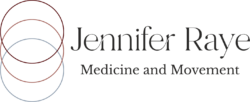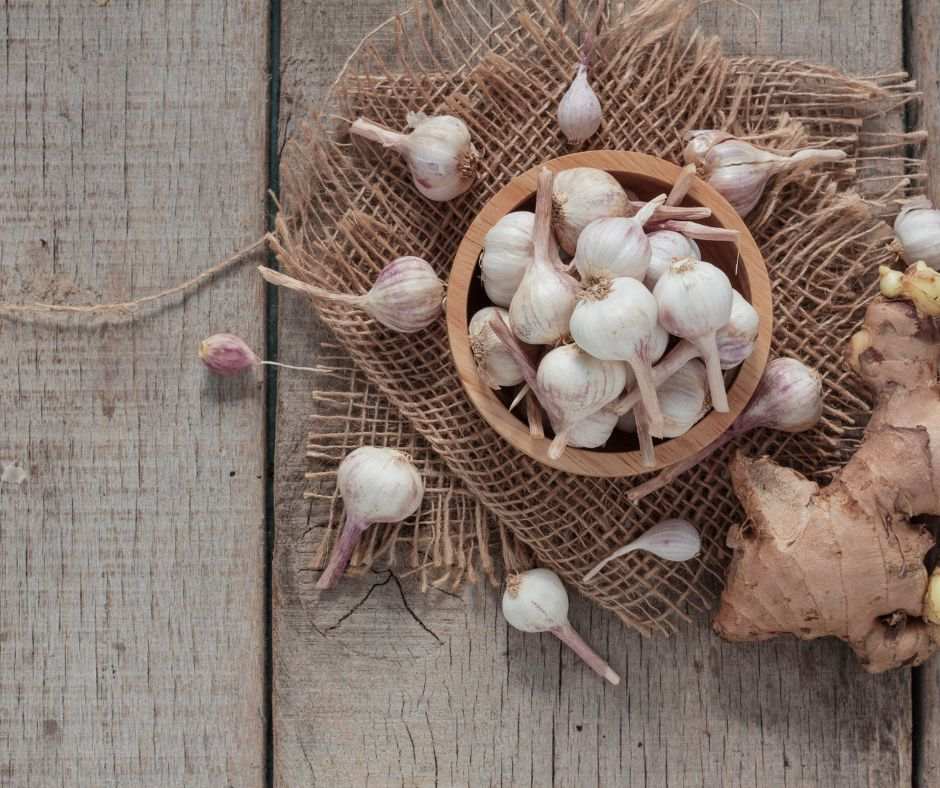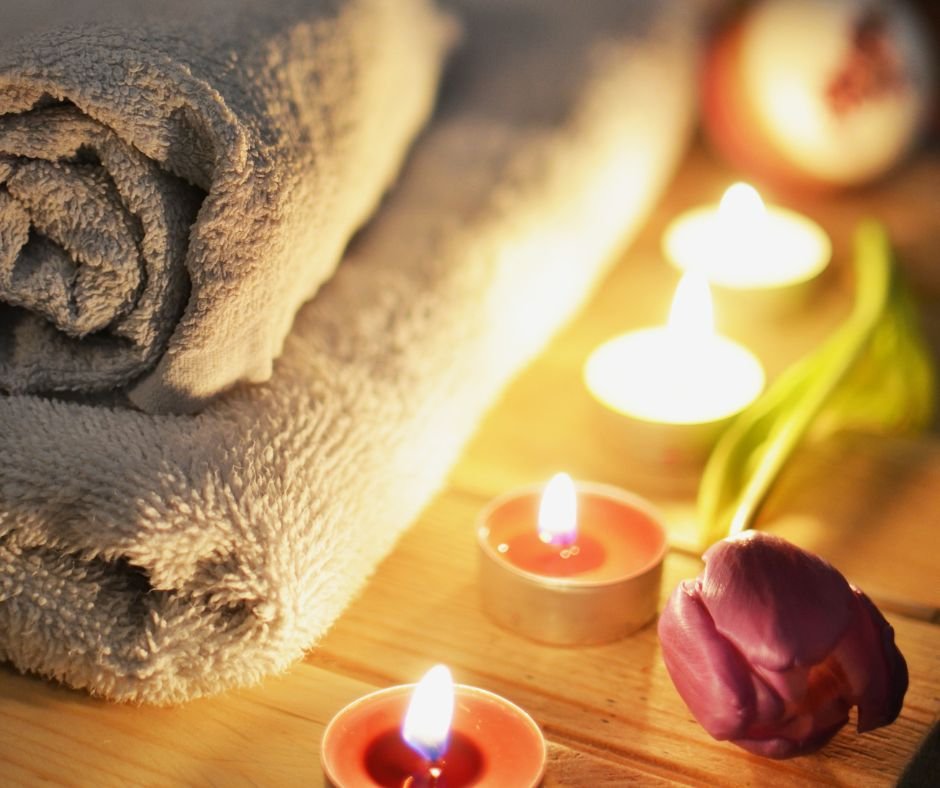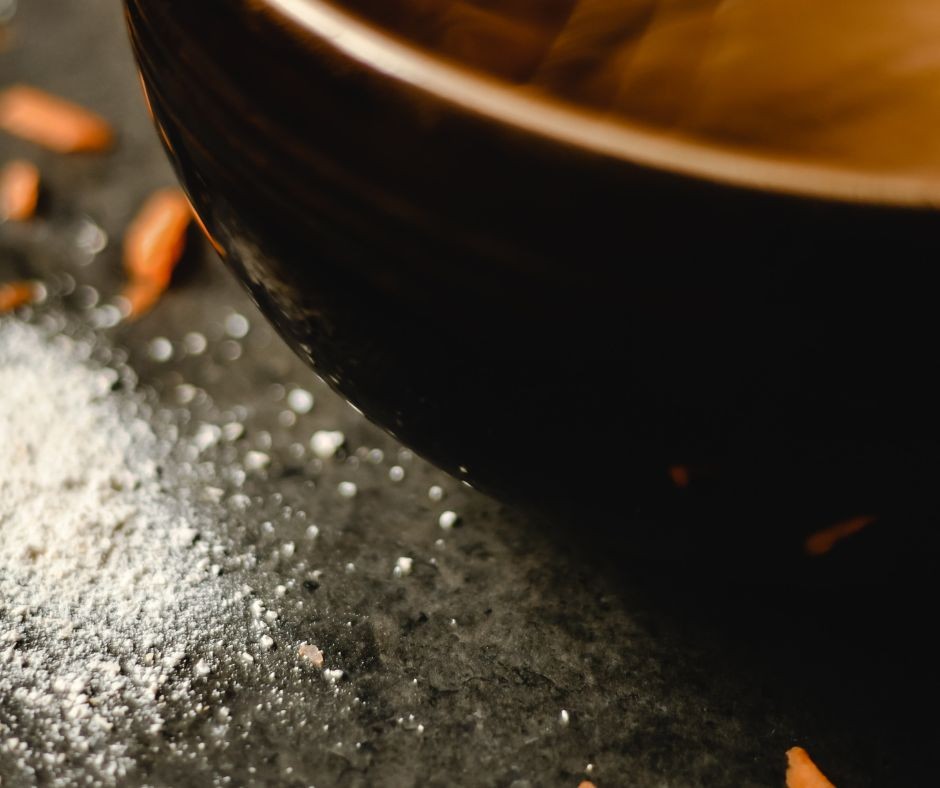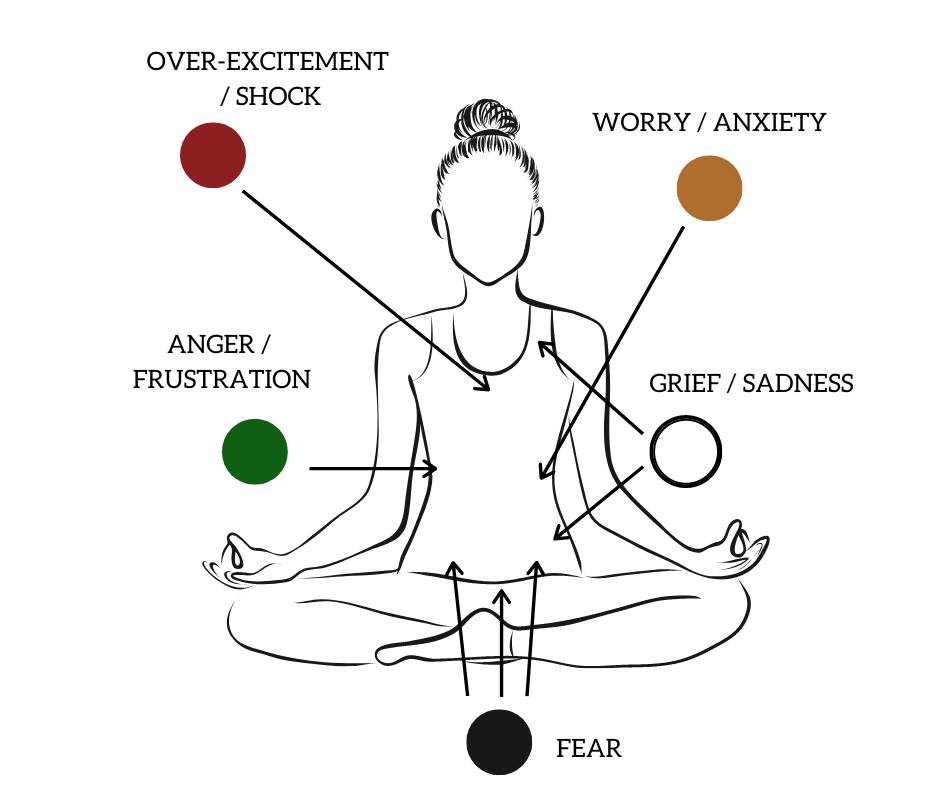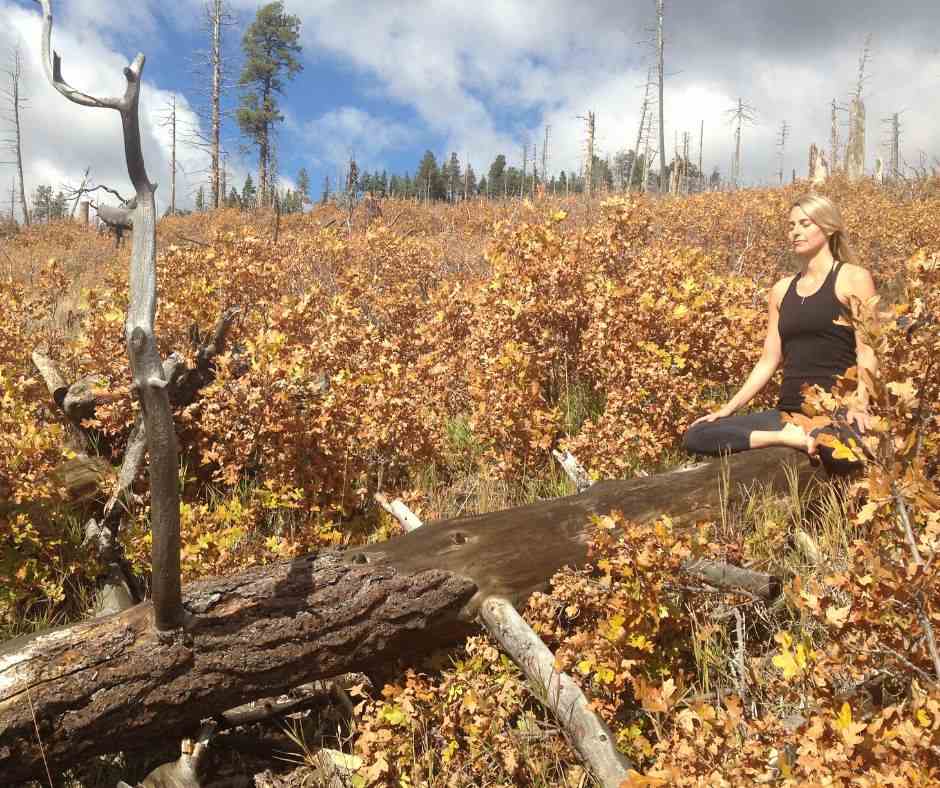Throughout life you continually use and produce hormones. With the onset of menopause this balance changes. While the transition into menopause is normal, many symptoms women experience are extreme and reflect a system that needs balancing.
Menopause is considered a “second spring” in Traditional Chinese Medicine. It’s considered a time for quiet contemplation and enjoyment of the simple pleasures. This transition allows a women’s innate wisdom to emerge. Unfortunately though, many women instead find themselves struggling with challenging symptoms during this transition.
During menopause “yin” sex hormones responsible for nourishing the body decrease. Because of this decrease, Chinese Medicine says many women experience uncomfortable symptoms such as heat and dryness. A busy life often requires women to use more energy and hormones than their body would naturally produce. Therefore, as menopause approaches, and certain hormones naturally decline, women can experience symptoms that indicate there is a hormonal deficit.
Below I’ve included a number of simple suggestions to ease the transition into menopause:
Remedies for Menopause
Lifestyle
One of the keys to greater hormonal balance is stress management. The more you experience stress the more you use up the “yin” in your body that contribute to cooling and nourishing.
By creating routine, and regular sleeping and eating patterns you support your body to relax. Find ways to say no. Do less. Starting a meditation practice and regularly walking in nature will help calm your nervous system.
Hormone replacement therapy (HRT) and estrogen replacement therapy (ERT) have become popular solutions for many of the uncomfortable effects of declining hormonal levels during menopause. While this type of treatment may be helpful for some women there are also other options worth exploring. If you are considering HRT/ERT be sure to discuss other options with a health practitioner and/or your MD. I also suggest the book, “Balance your Hormones, Balance your Life“ in which the author, Dr. Claudia Welch, cites many academic papers and studies linking HRT to outcomes as serious as an increased cancer risk.
Diet
Diet changes can be simple. Avoid refined food and sugar and eats lots of fresh whole vegetables and grains. Start here for more ideas. If you are experiencing heat symptoms like hot flashes or night sweats, avoid alcohol, coffee, spicy foods and excess red meat.
Supplements
Many women find the following remedies to be very helpful. Before starting any new regimen be sure to do so under the guidance of a qualified practitioner.
- Maca: A root vegetable from South America available at health food stores. It is rich in vitamins and minerals, and is an “adaptogen”, which means it helps to regulate and balance many systems in the body, including your hormonal system. Add maca powder to your smoothie in the morning or take it as a supplement!
- Chastetree Berry: Chastetree is an incredible herb for women’s health. It helps to balance and regulate women’s hormonal systems and is also helpful for a wide range of constitutions.
Alternate Nostril Breathing (Nadi Shodhana)
If you’re experiencing uncomfortable menopausal symptoms, practice alternate nostril breathing. This practice is traditionally taught to balance the yin and yang aspects of your being and can be helpful during menopause. Find a qualified yoga teacher to guide you in the practice and use the practice every day.
Acupuncture
Acupuncture is especially helpful when the body requires regulating and harmonizing of physiological systems. Regular acupuncture can help to balance the body and mind and harmonize your hormones.
Most importantly, change takes time. Allow yourself at least 2 months of integrating all of the above changes before deciding what is working and what needs adjusting.
